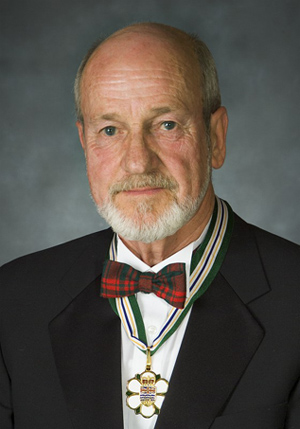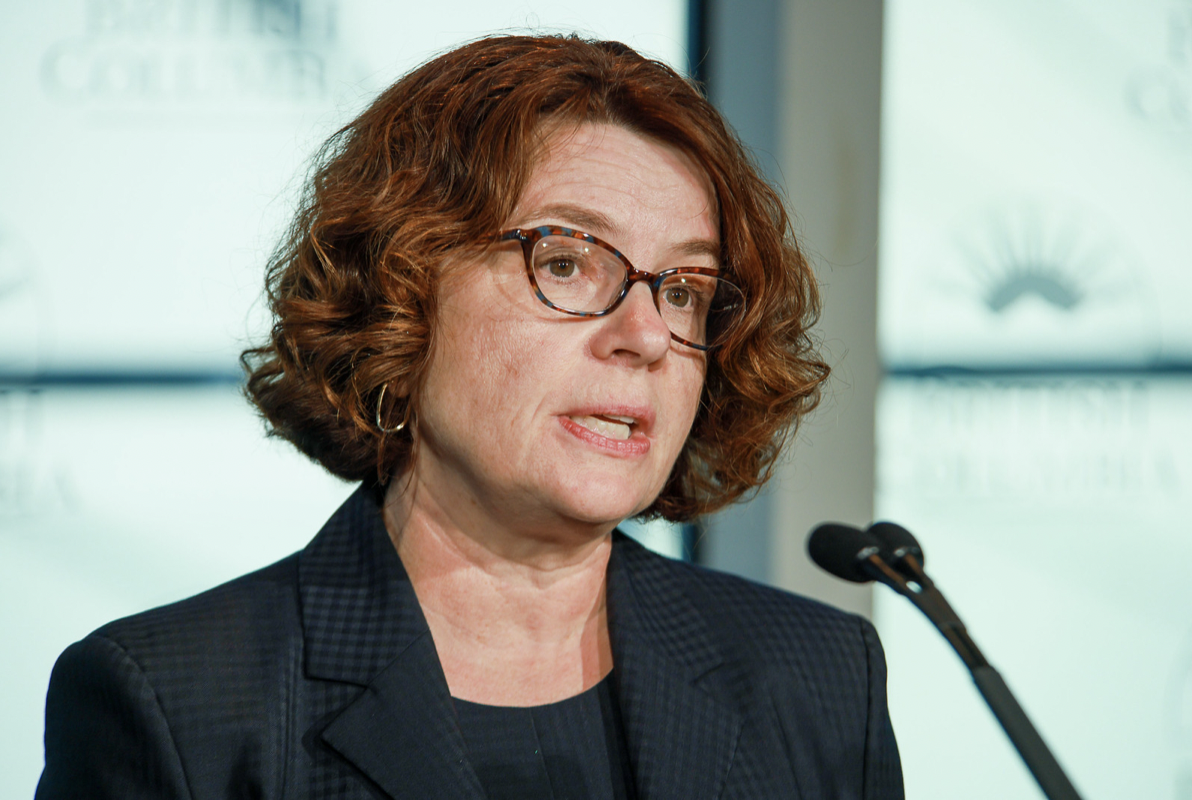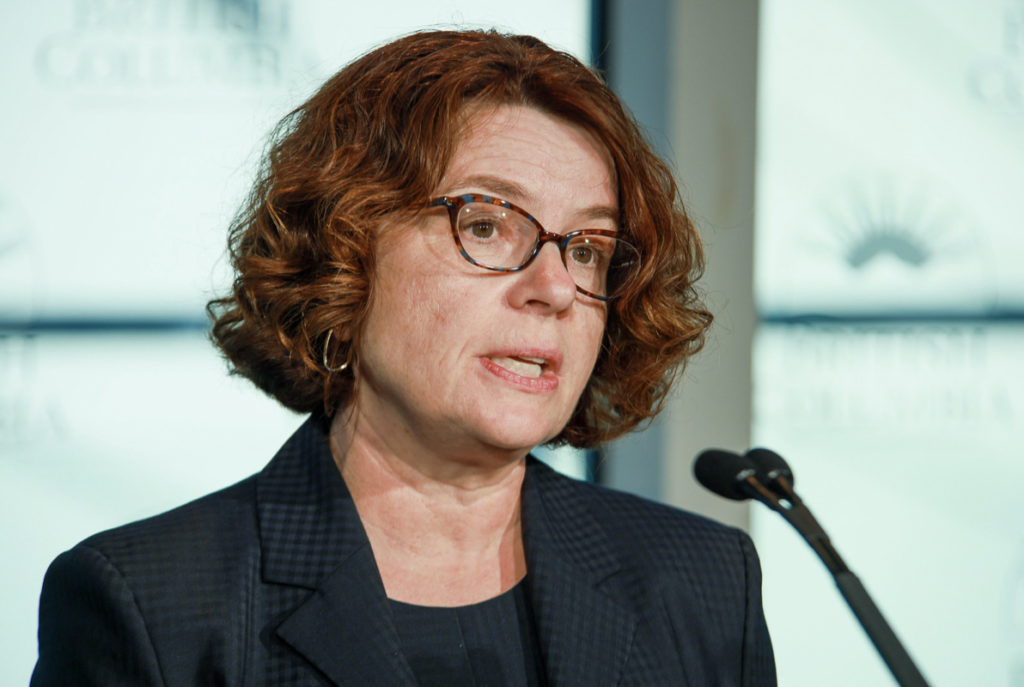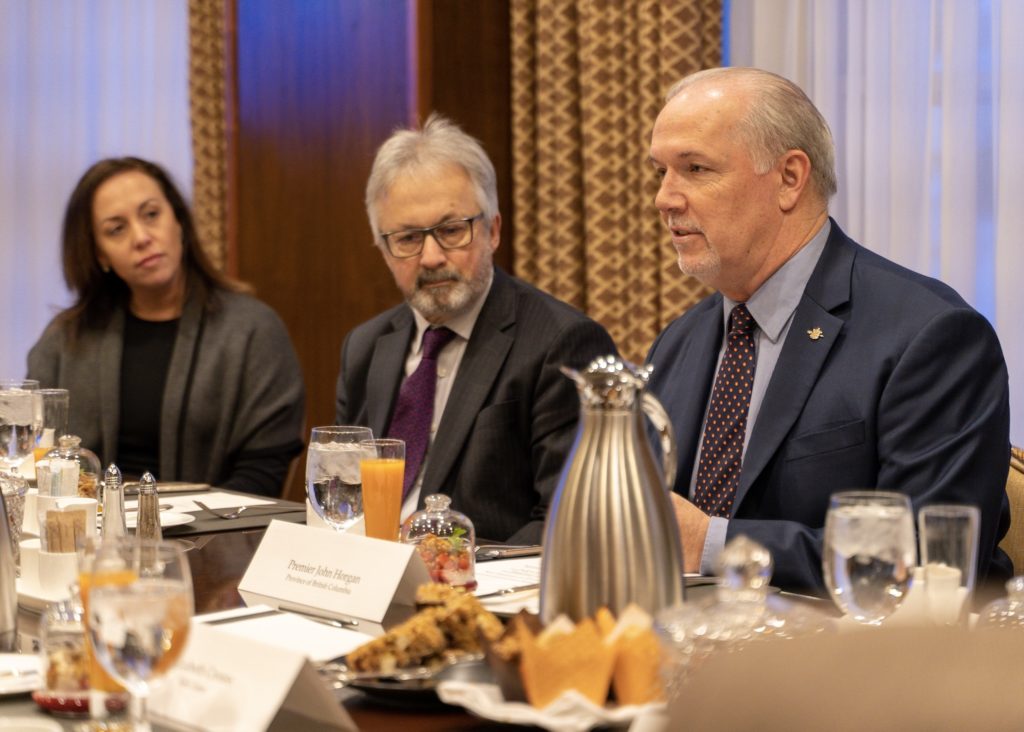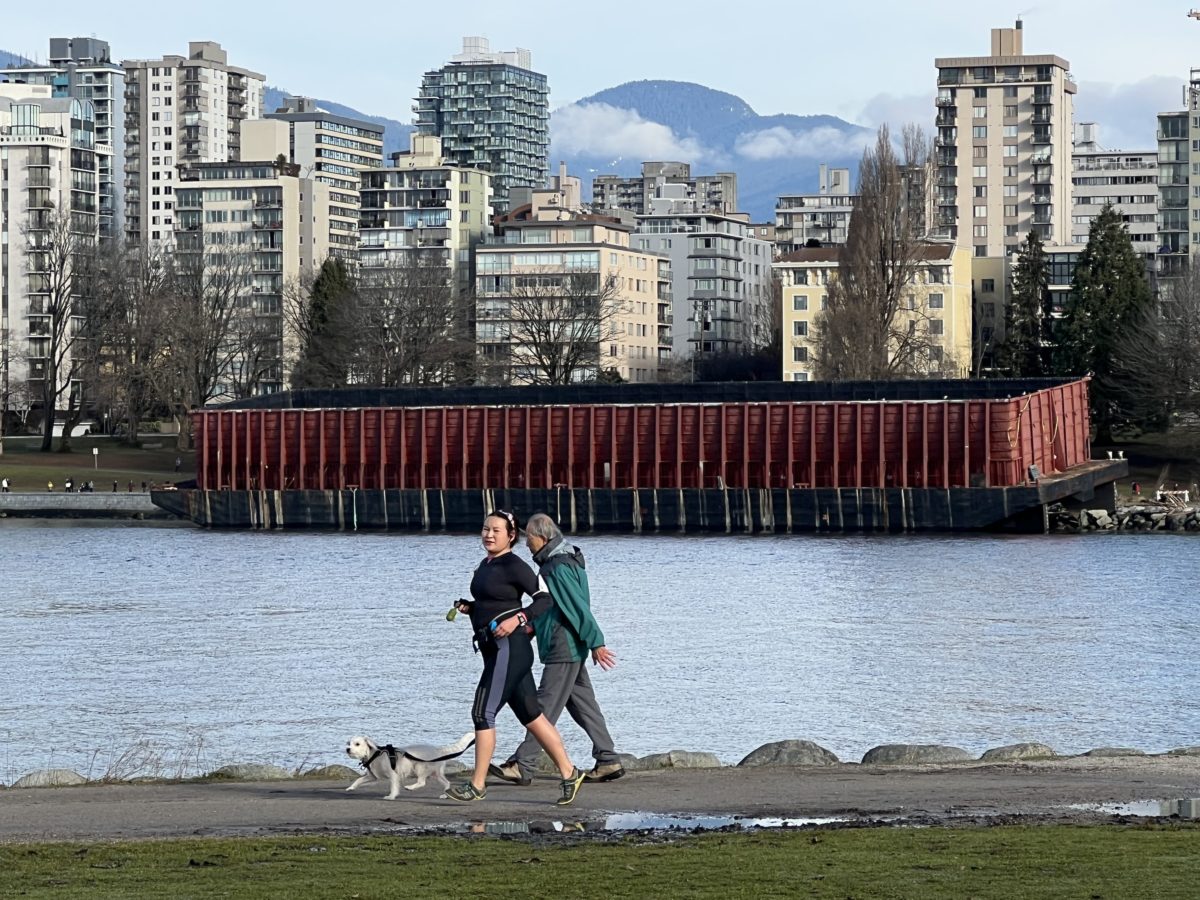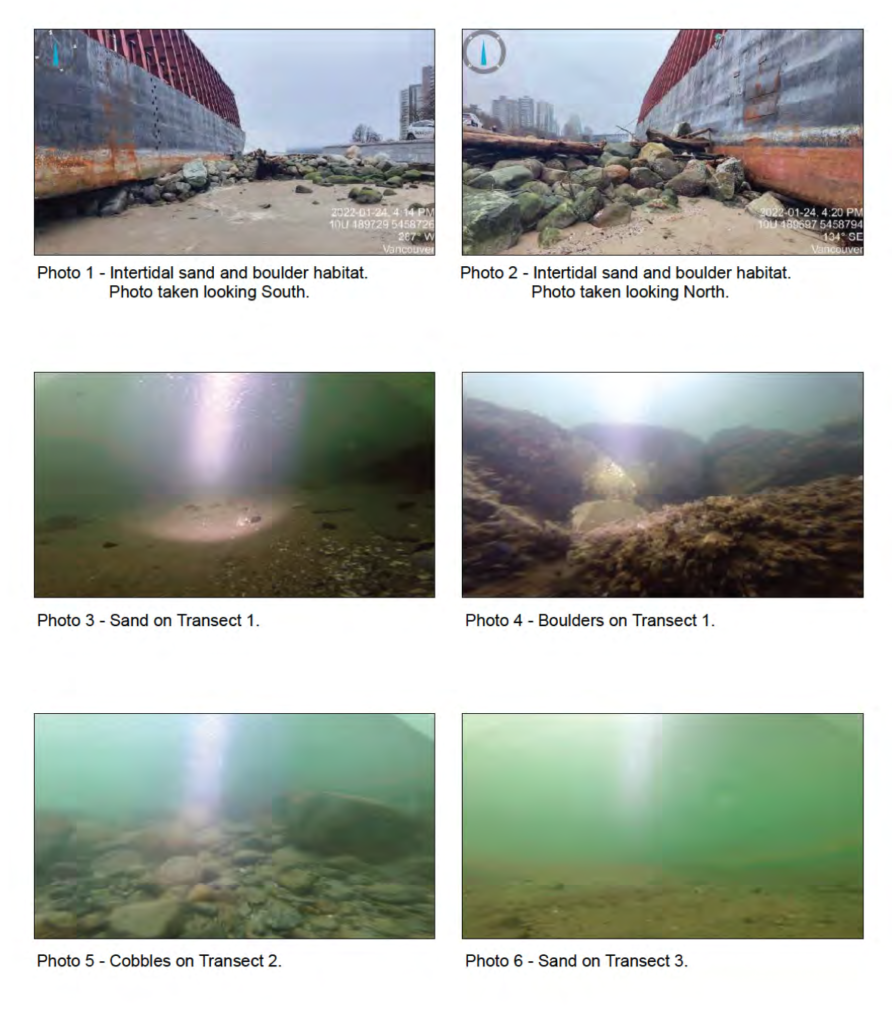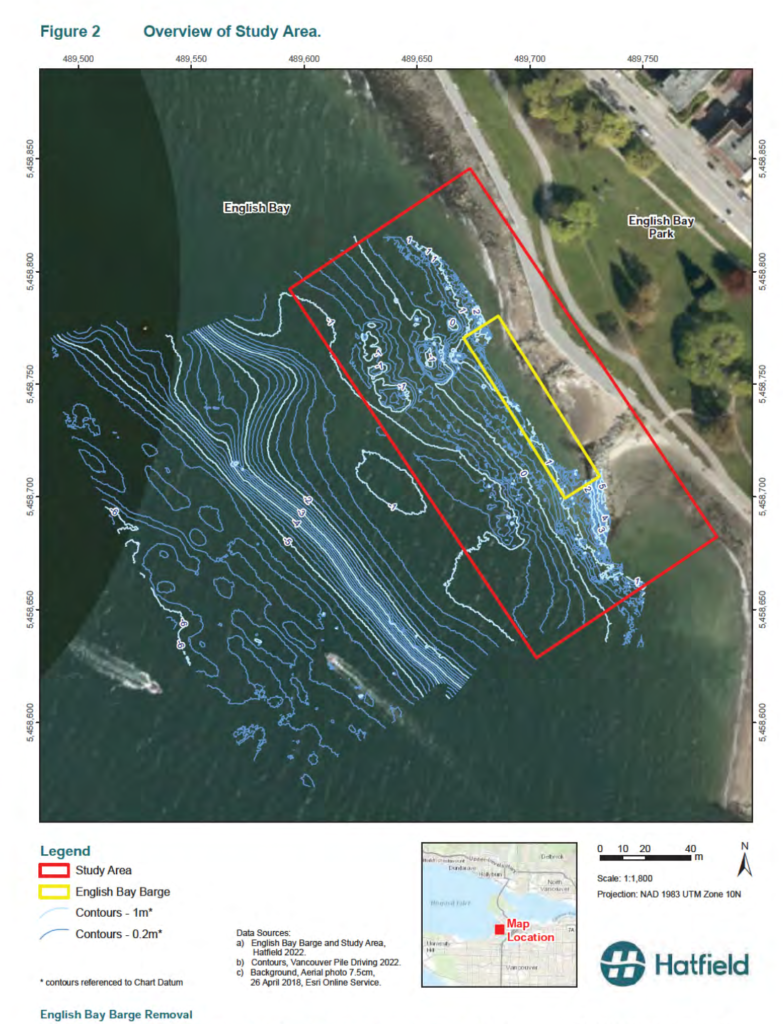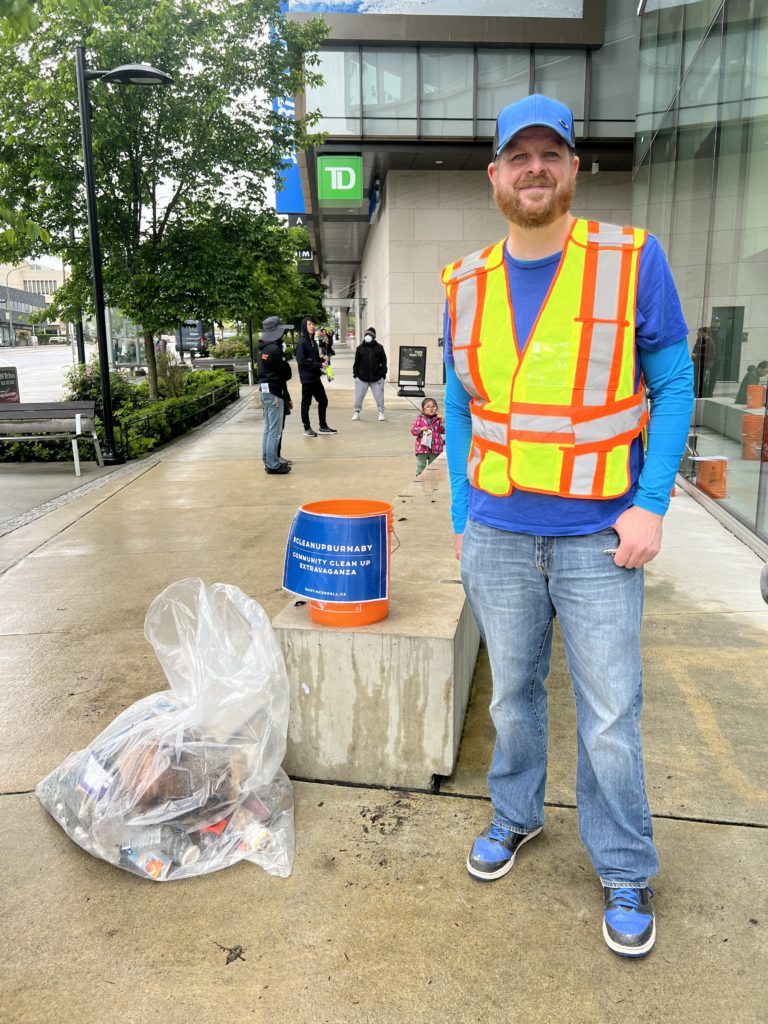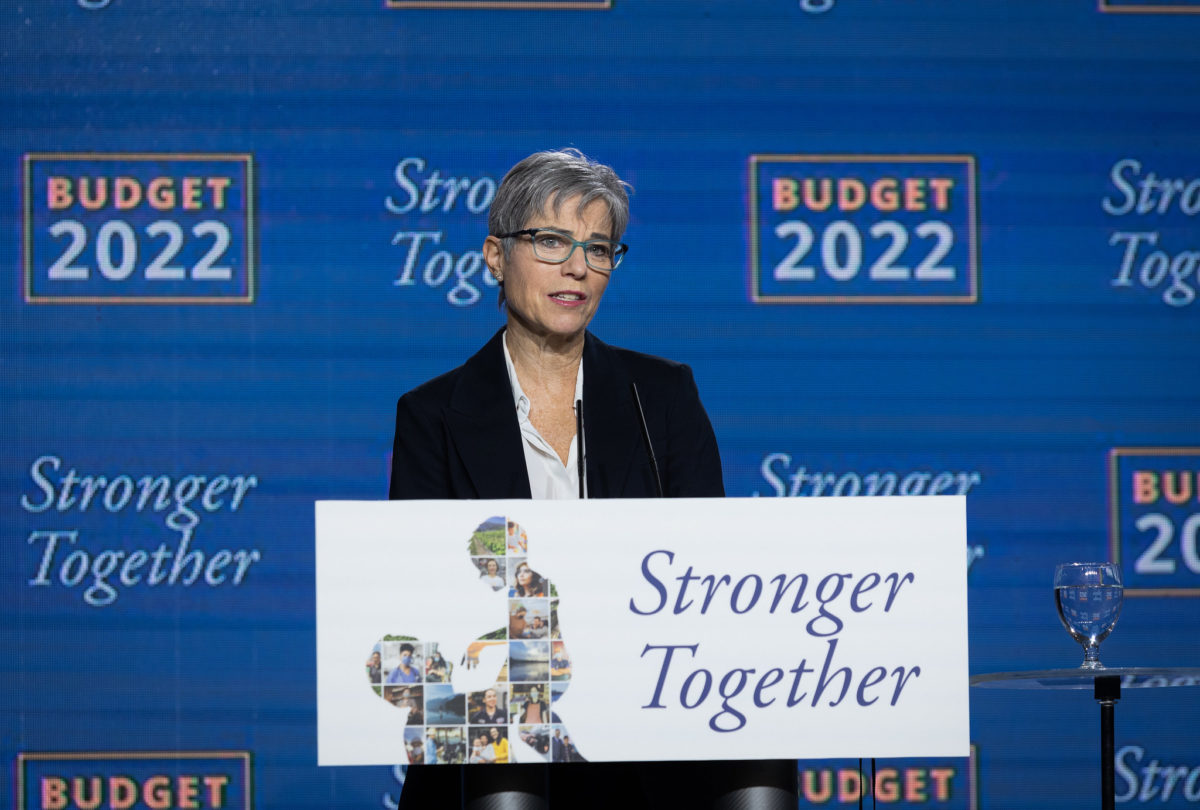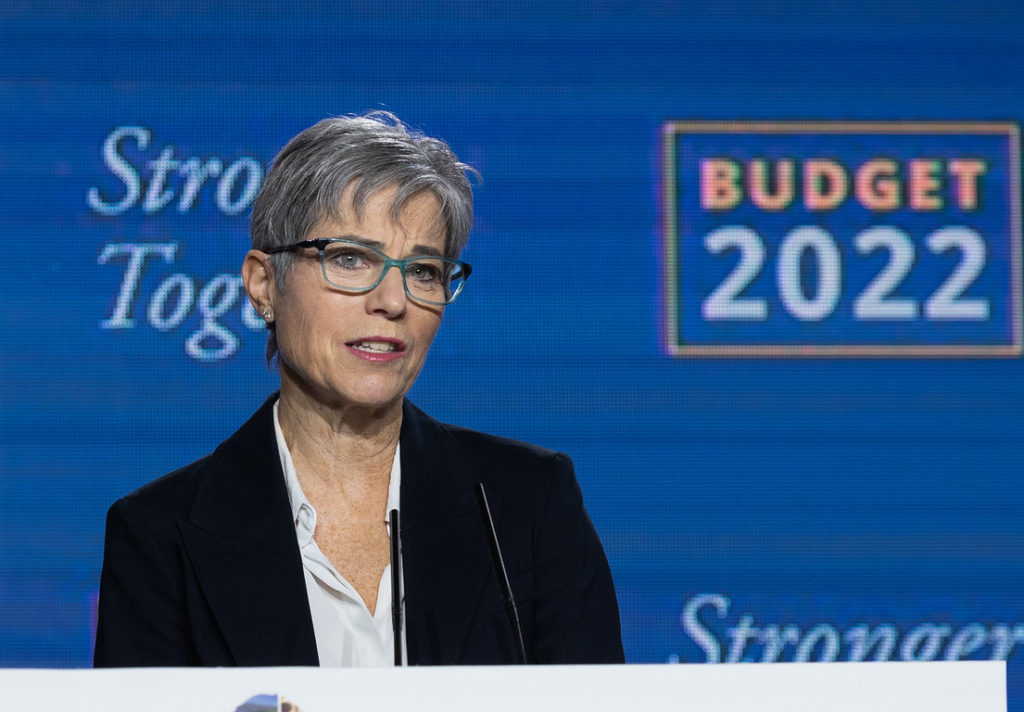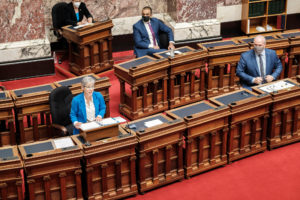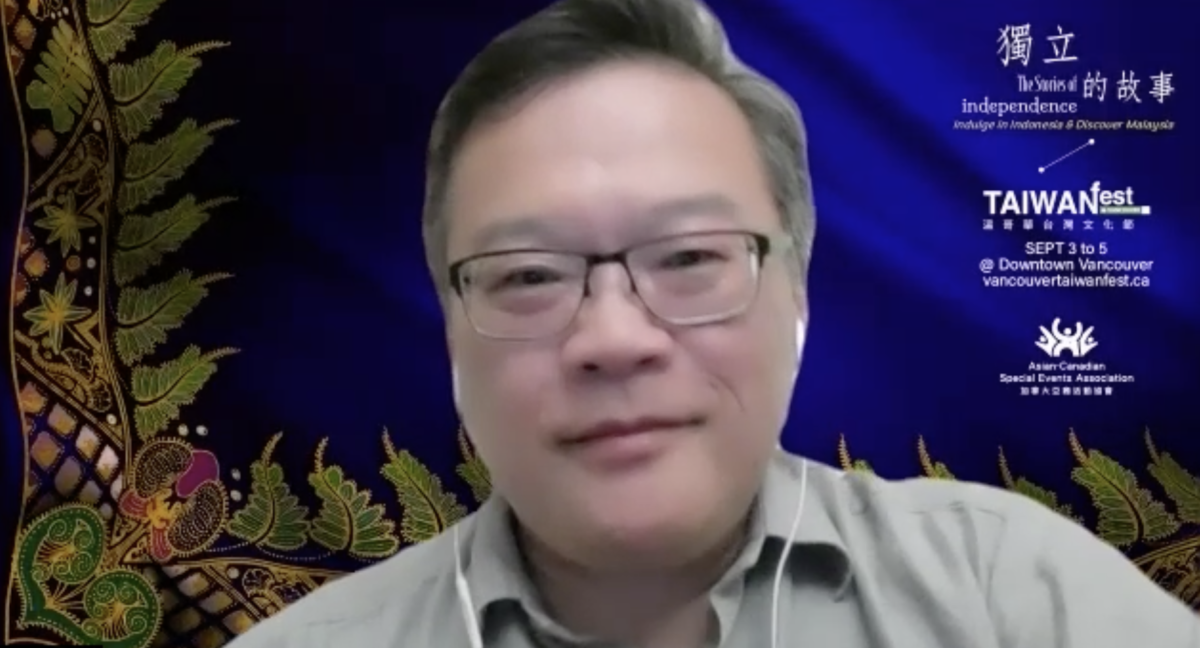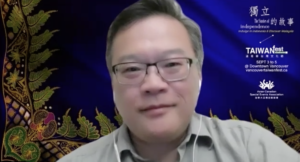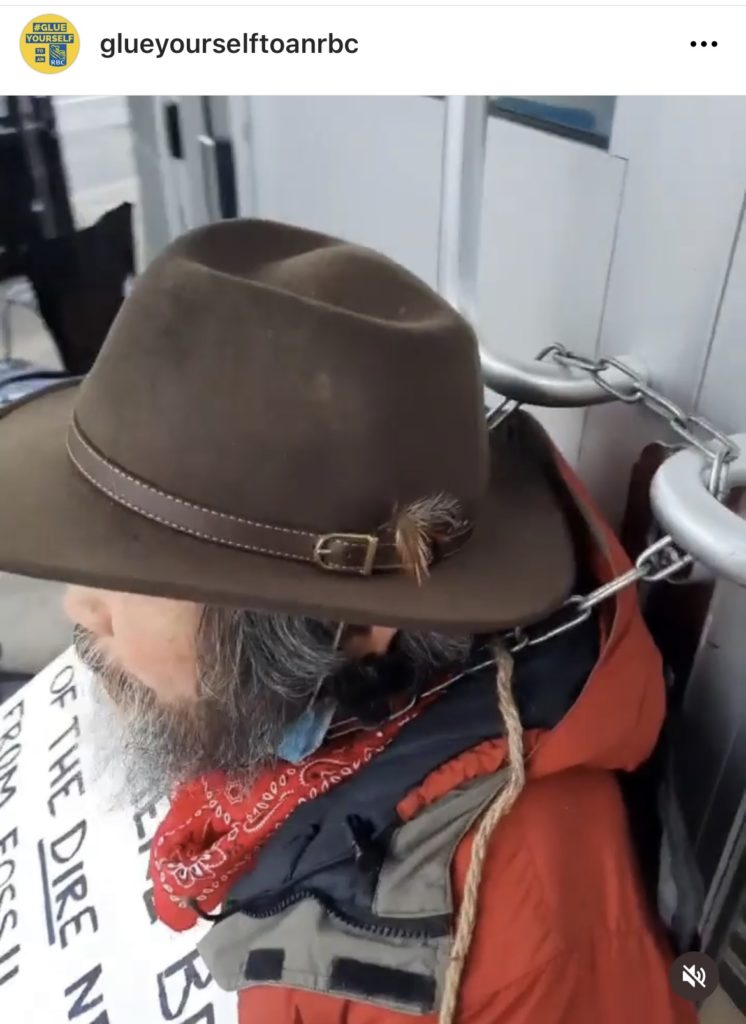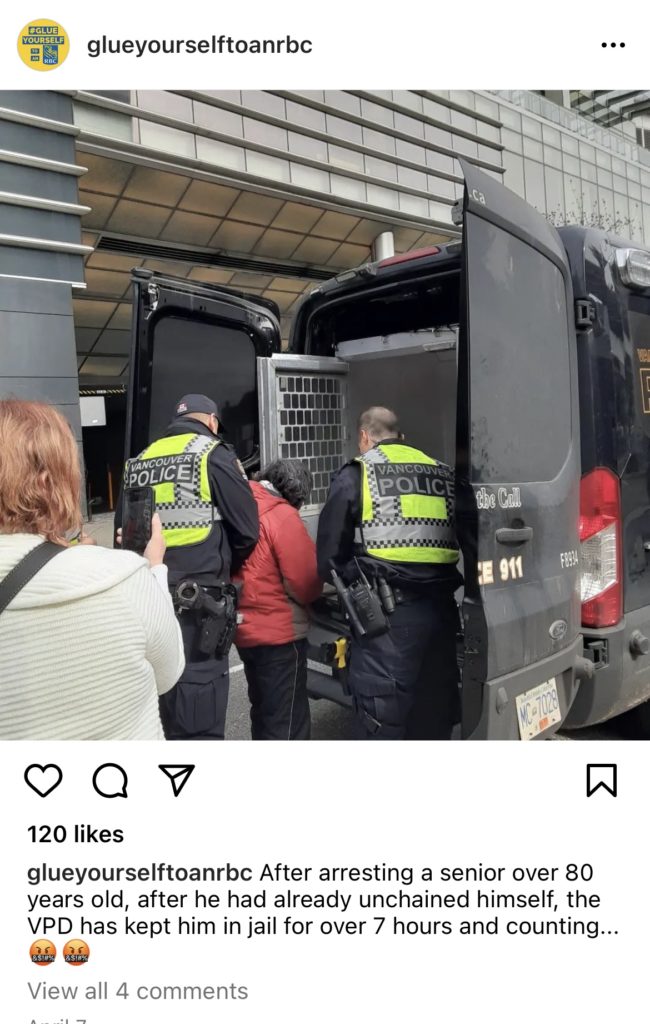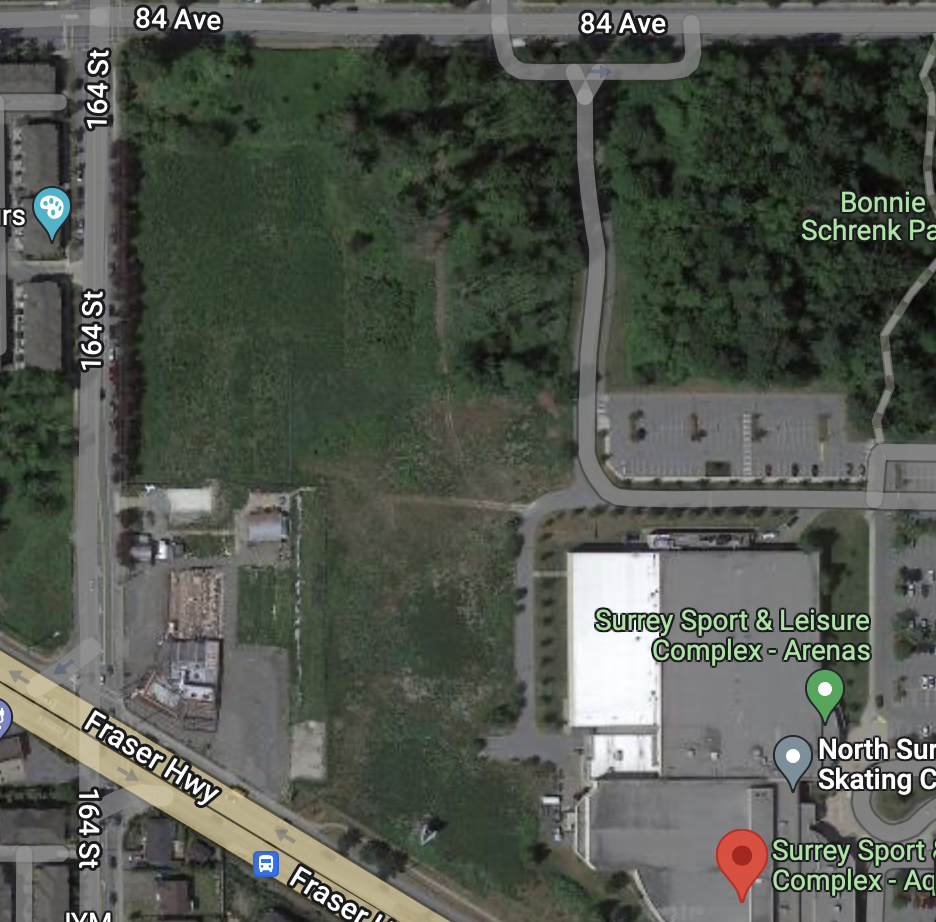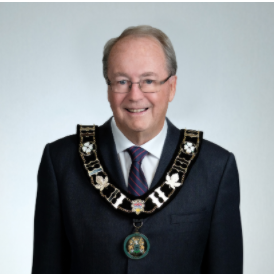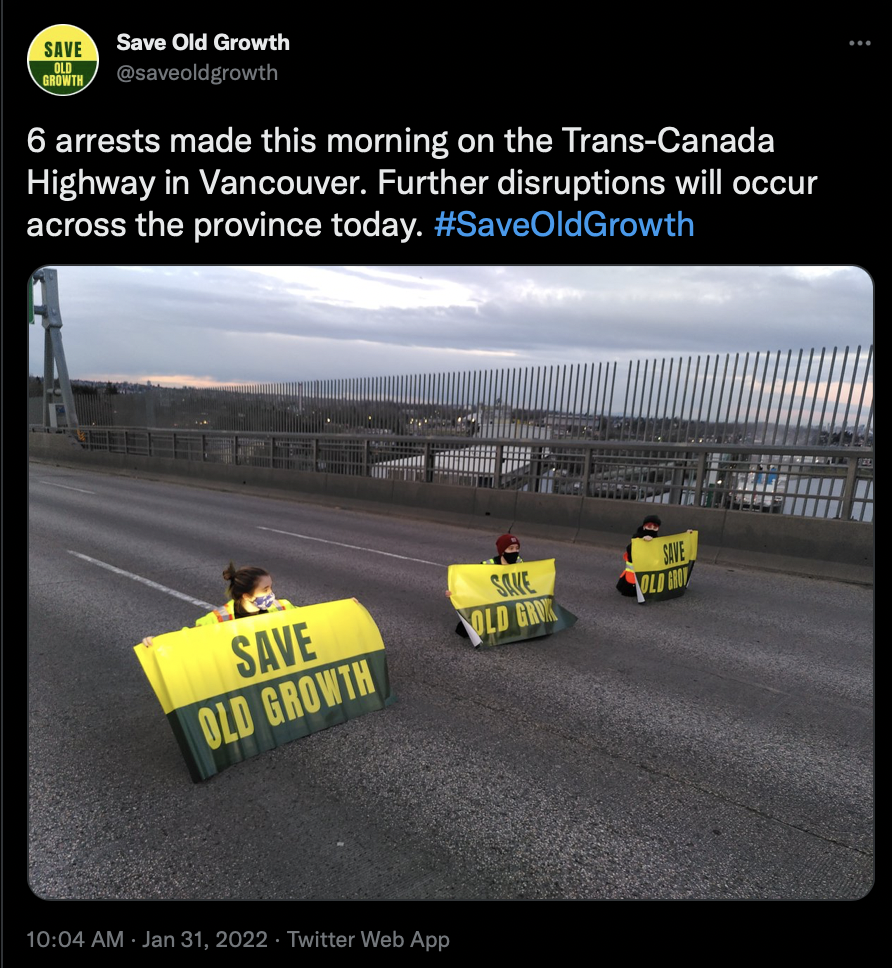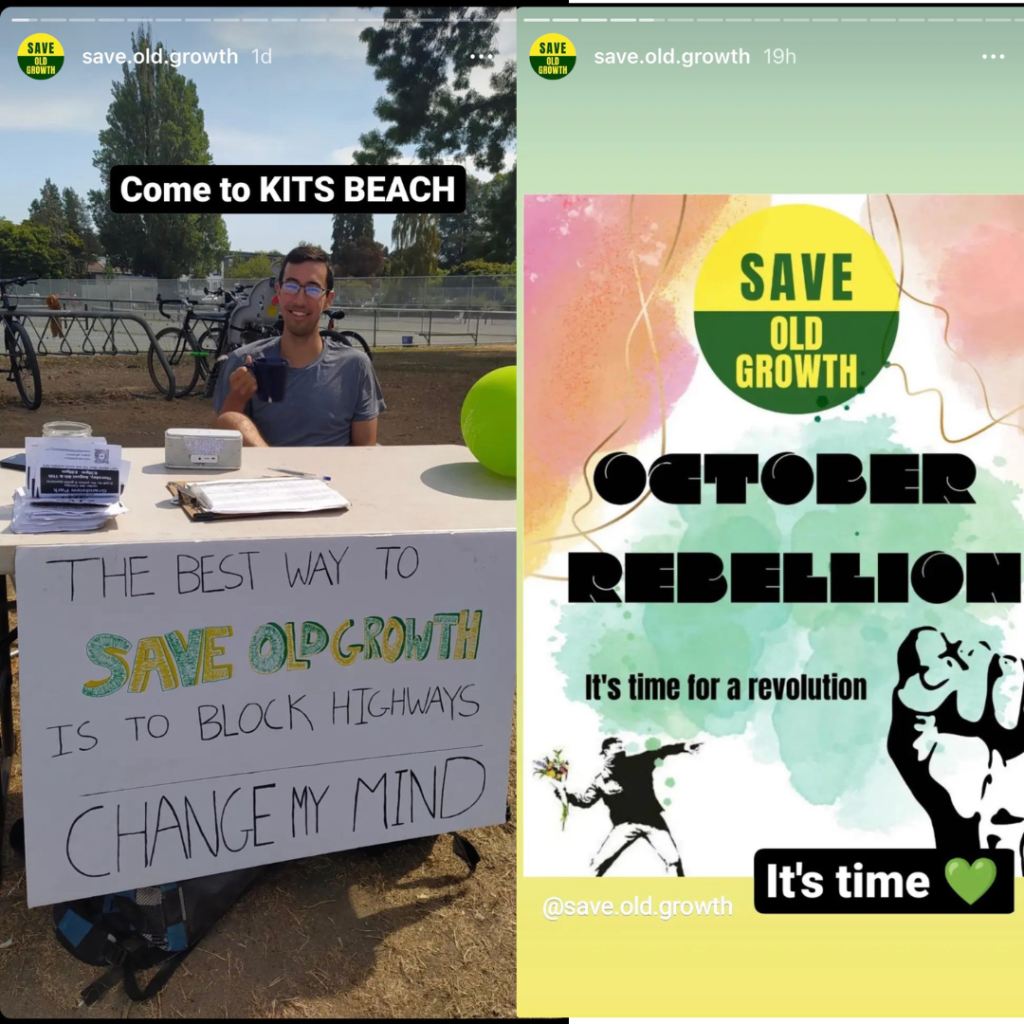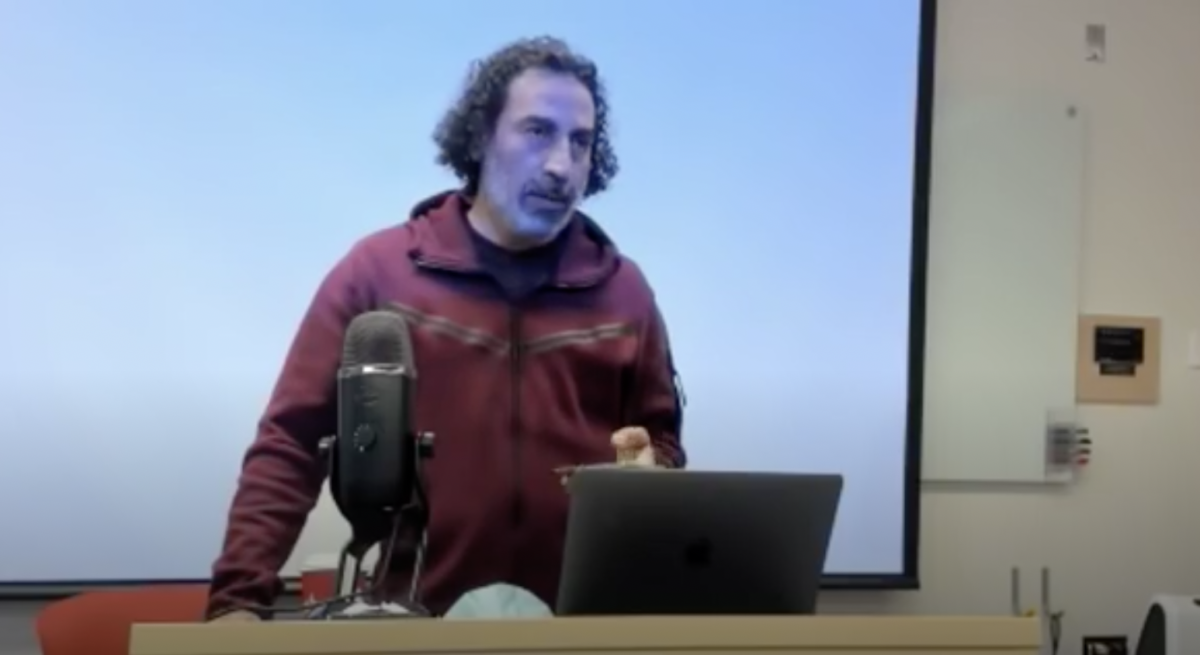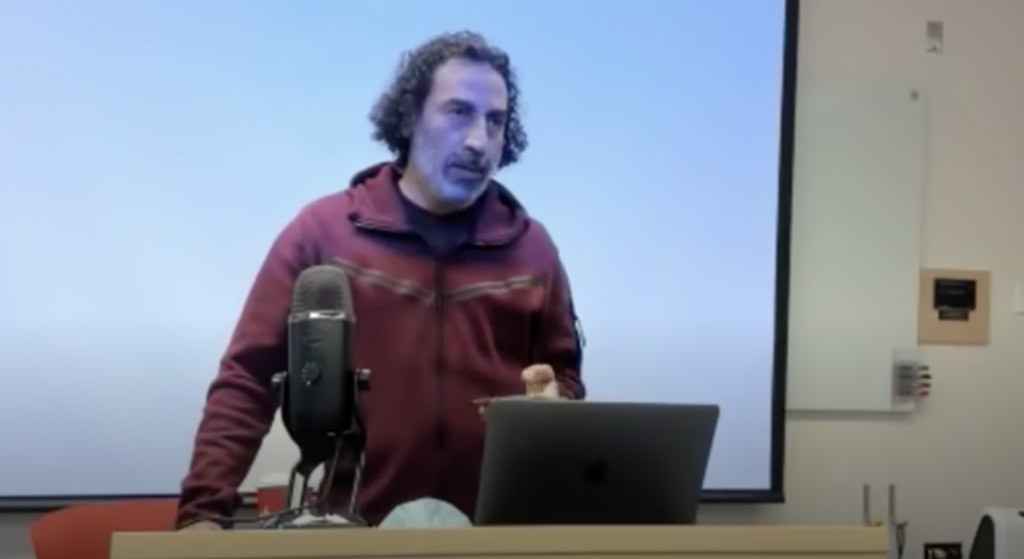Ex-B.C. Legislature clerk MacMinn passes
Bob Mackin
British Columbia’s Legislative Assembly announced the death Aug. 31 of its longest-serving official, who retired more than a decade ago.
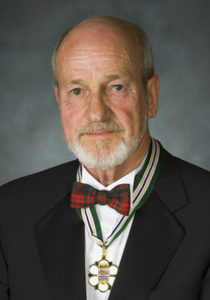
Ex-B.C. Legislature clerk George MacMinn
“It is with sadness that we learned of the passing of E. George MacMinn, OBC, QC, who served as a Table Officer for 54 years and as #BCLeg Clerk from 1993 to 2011. Our condolences to his loved ones,” said a message on the official Twitter account.”
MacMinn, 92, was predeceased by his wife, Ann Louise, in September 2020. They had three daughters and four stepchildren. He was born March 21, 1930 in New Glasgow, N.S., and graduated in 1953 from University of B.C. Law School. MacMinn became a clerk assistant in 1958 at the Parliament Buildings until his 1973 promotion to deputy clerk. In 1993, he was appointed to the equivalent of CEO and received a Queen’s Counsel designation.
MacMinn received the Order of B.C. in 2005, while still in office, for his longevity and for authoring Parliamentary Practice in British Columbia, originally published in 1981. The fifth edition in 2020 was edited by today’s clerk, Kate Ryan-Lloyd.
In Canadian Parliamentary Review, Sandy Birch, Clerk of Committees at the House of Commons, called MacMinn’s work “an interesting, easily disgestible reference book for parliamentarians and for those who practice this fascinating art.”
“Instead of listing summaries of speaker’s rulings, he has inserted elaborate extracts of the parliamentary proceedings from which the precedents were established, thereby relieving the reader from the burden of determining what the exact situation was at that earlier time,” Birch wrote.
MacMinn also received the Queen’s Medal for Outstanding Service to the Legislative Assembly and honorary life membership in the American Society of Legislative Clerks and Secretaries.
At the time of his retirement in 2011, MacMinn was the longest-serving table officer in the Commonwealth. Beside his book, one of his legacies was the establishment of the public education and outreach office at the Parliament Buildings.
MacMinn was succeeded by protege Craig James when the BC Liberals used their majority to promote him into the job, rather than rely upon an all-party committee. Seven years later, in late 2018, James and Sergeant-at-Arms Gary Lenz were suspended due to a police investigation after Speaker Darryl Plecas complained about corruption. They both retired in disgrace in 2019 — James after a misconduct probe by retired Chief Justice Beverley McLachlin and Lenz after a Police Act investigation by former Vancouver Deputy Police Chief Doug LePard.
James was sentenced in July to a month of house arrest and two months of curfew after being found guilty in B.C. Supreme Court of fraud and breach of trust.
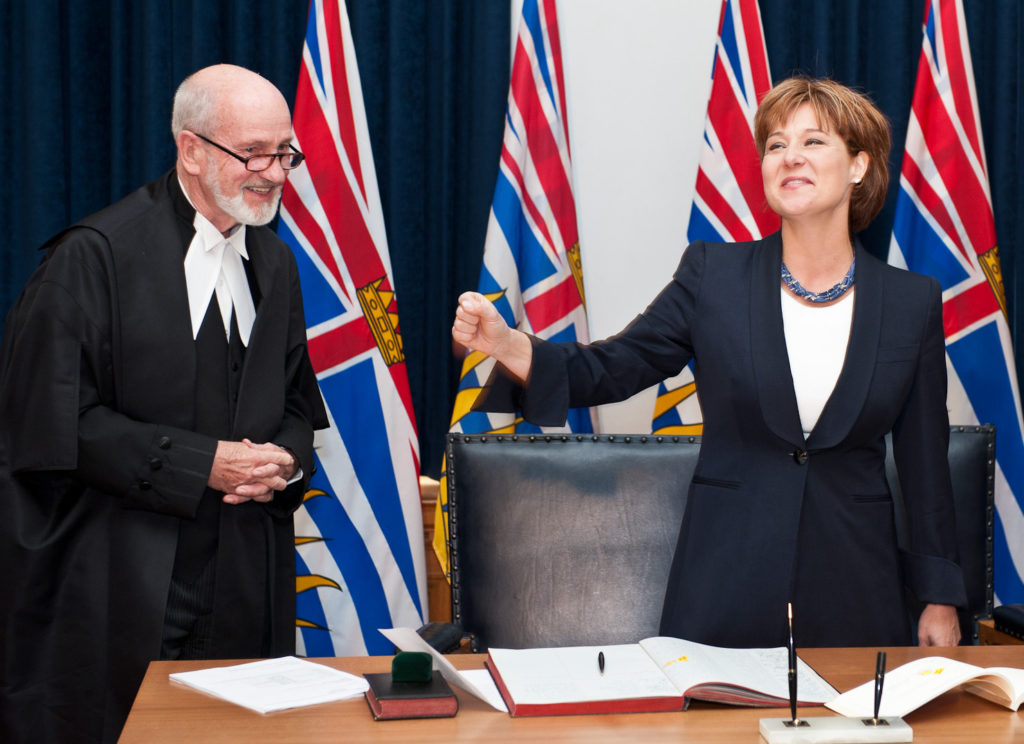
Clerk George MacMinn swore-in Christy Clark when she became the Vancouver-Point Grey MLA in 2011 (BC Gov)
In a brief, March 2019 interview, MacMinn declined to comment on the scandal at his former workplace.
“I spent 50 years there and they were all non-controversial, cooperative and pleasant. That’s really the whole story of my life, I’m retired now and happily watching the world,” MacMinn said. “I’m not going to go near this thing in terms interjecting myself into the difficulties.”
In a scathing July 2012 report, Auditor General John Doyle probed the last three years of MacMinn’s management and found the Legislative Assembly “clearly falls short of the basic accounting and financial management standards that the rest of the provincial public sector is required to meet.”
After he retired, MacMinn received a two-year, $500,000 consulting contract from the Legislature. He buckled to pressure from the NDP opposition and agreed to amend his will so that the sum, minus any taxes, would be donated posthumously to the Legislative Library.
“When people retire they get a gold watch and they move away. They don’t get a two-year contract,” said then-NDP house leader John Horgan.
Support theBreaker.news for as low as $2 a month on Patreon. Find out how. Click here.
Bob Mackin British Columbia’s Legislative Assembly announced the





